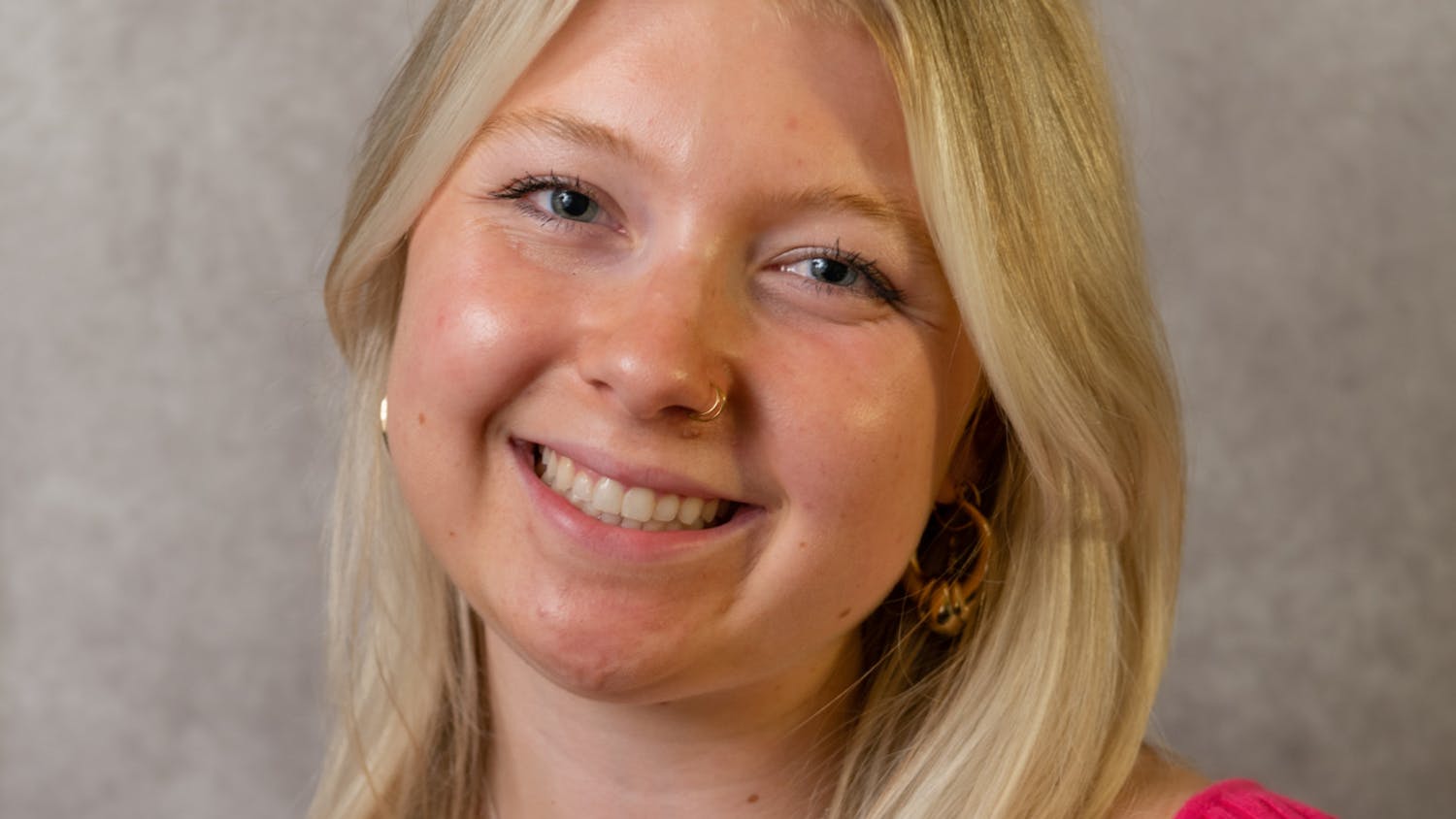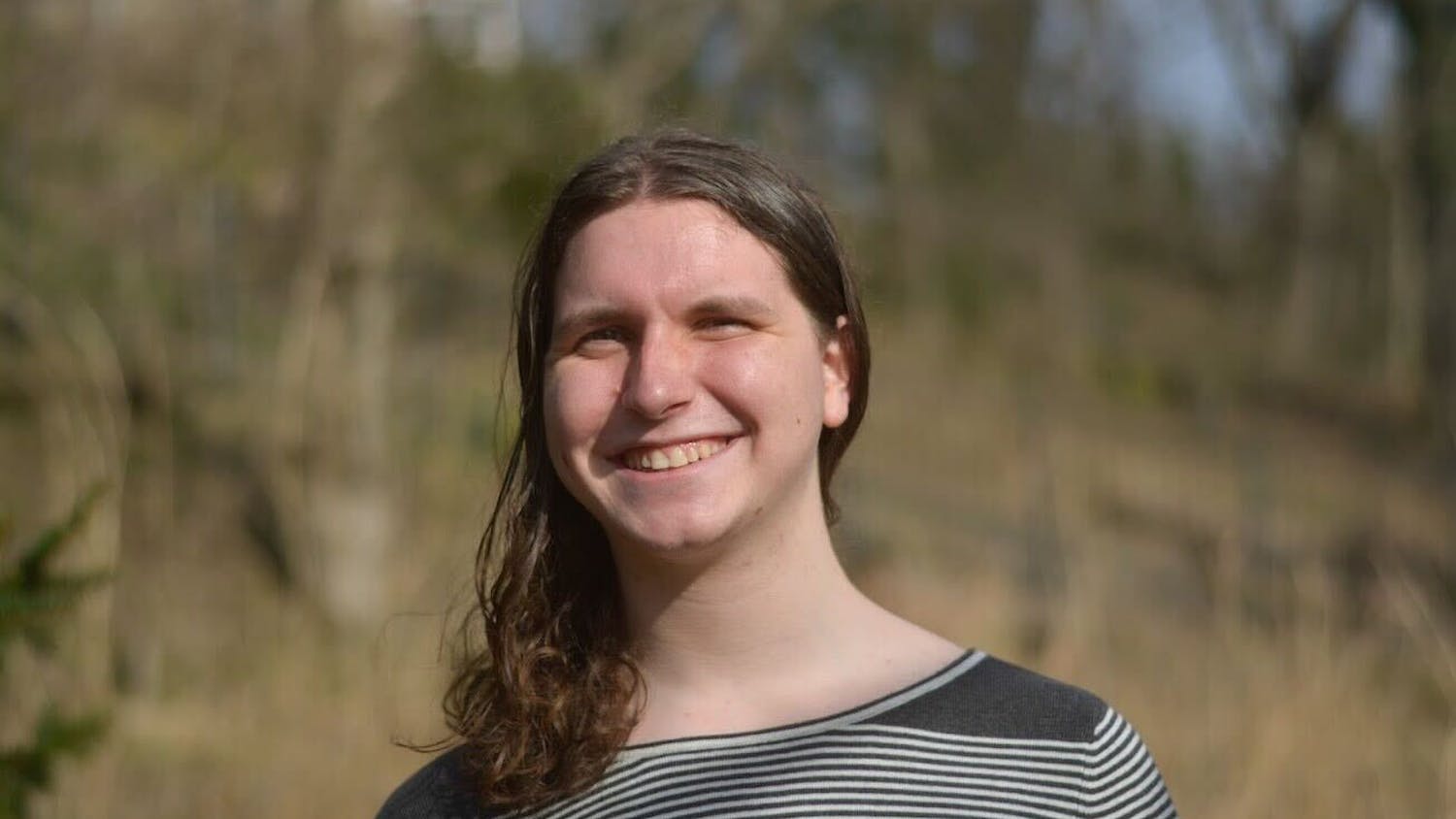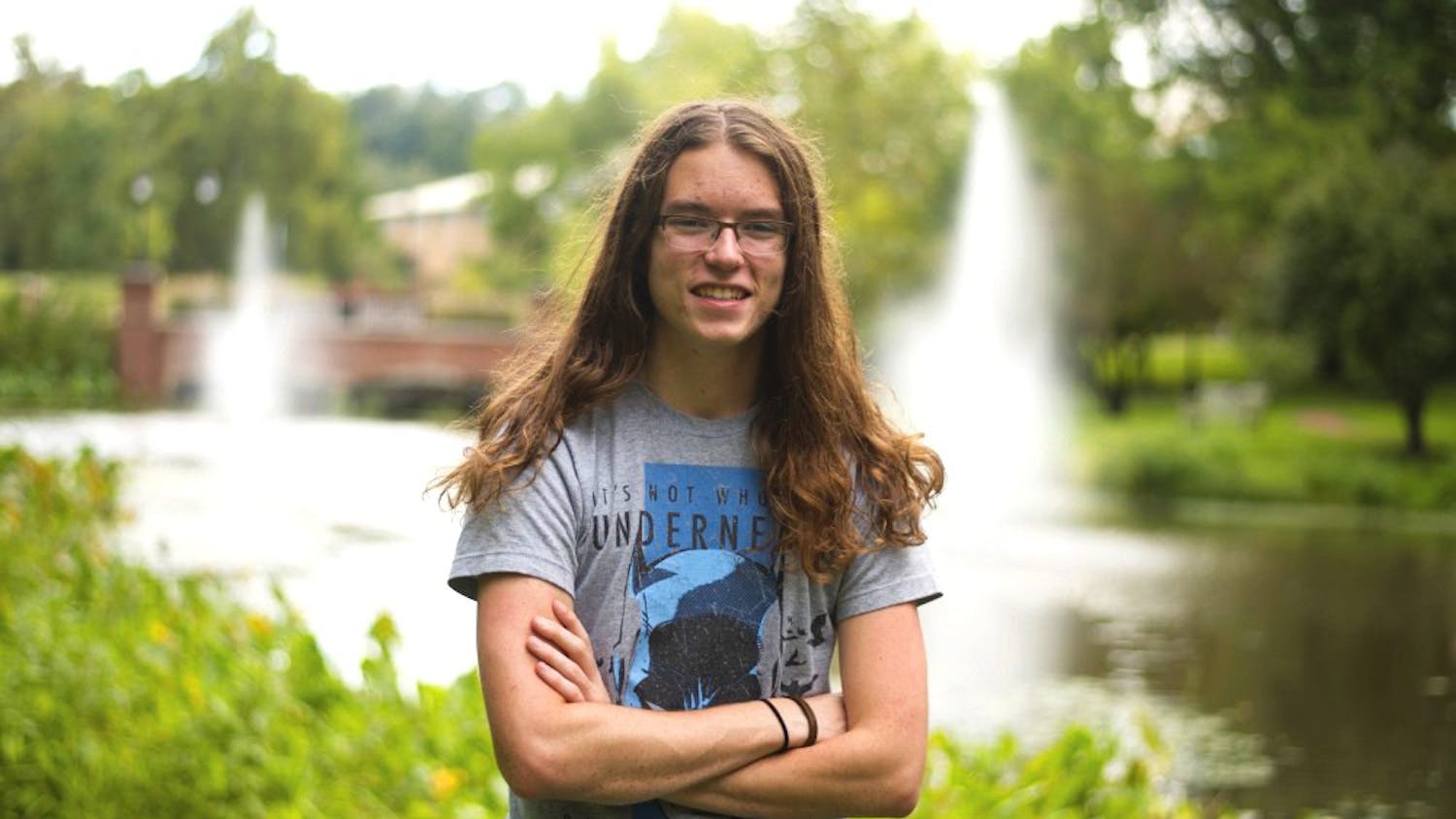Vulnerability is a scary word. For many, it may mean opening up to someone or admitting you’re wrong. But for me, vulnerability means growth.
As journalists, we are taught to remove ourselves from our stories. While I agree I should remove myself from a story objectively and leave my opinions out of it, I don’t believe I should remove my feelings while reporting. After all, my curiosity drives my motivation to report on a certain topic.
While writing my story “Health Care for All,” I experienced every emotion possible, and to me, that’s a good thing. My motivation behind writing the story was the fact that I knew nothing about health care in Southeast Ohio, especially pertaining to HIV prevention. I asked myself questions like, “Are there even health care establishments around here that provide HIV-related care?” and “Why haven’t I learned anything about other medical establishments besides Hudson Health Center?”
And my favorite question: “If this is something I know nothing about, is it something that other people might not know about as well?”
I walked into this story with little-to-no knowledge on HIV and health care in Southeast Ohio, but that gave me all the more reason to write it. I knew I was going to be actively learning while trying to piece together a story in my head. But, that’s what being a journalist is about. It’s about learning while informing.
I’m not an expert on anything, but I am determined to become aware of everything.
Through interviews, both heavy and lighthearted at times, I felt the excitement to put words to paper flow through me. There were times when I had no idea what a word meant, but it was critical to go the extra step to inform myself. There were moments of silence during interviews because processing what was just said was hard. But those encounters are OK to experience.
As a journalist, it is just as important to ask questions that will help you be a better reporter and a better person as it is to ask the ones that will help write the story.
We are told throughout life to not bring work home with us, but as a journalist I feel like that’s impossible. But, that’s what I love about it. I love being able to sit and reflect on an interview I had while cooking dinner, or waking up in the middle of the night to string together the perfectly-worded sentence that I couldn’t think of during the day. It’s passion that keeps me up at night, and I would argue that’s the best stimulant of all.
While writing, I experience overwhelming amounts of emotions, so sometimes my stories take me longer than expected. Writing about heavy topics can take a toll on you as a journalist and change the way you report — I think it’s important that we talk about those instances more.
Every time I write, I just want to do the topic justice. I constantly ask myself, “Is this enough?” and “Am I good enough to write about such an important topic?” The only person who can answer these questions is yourself, and I can safely say the answer will always be “Yes.” If you are determined enough to find a story, you’re passionate enough to write it.
In the end, I hope my stories help or touch at least one person, because that’s all it takes to say you’ve made a difference. There’s power in being a journalist, and that power comes from the vulnerability of passion, truth and the thirst for knowledge.
Kayla Bennett is a senior studying journalism. Please note that the views and ideas of columnists do not reflect those of The Post. Want to talk to Kayla? Tweet her @kkayyben.






